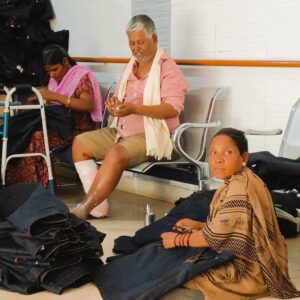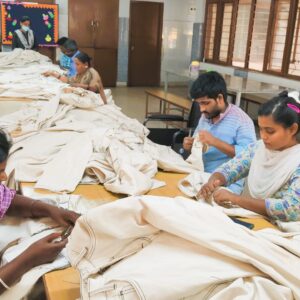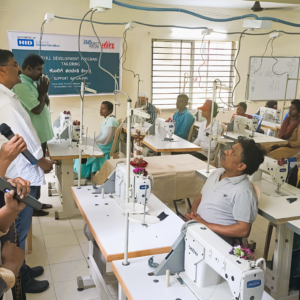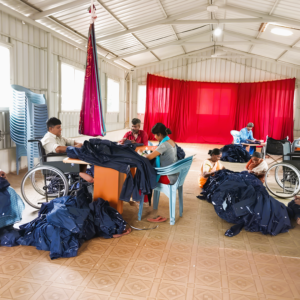Training programs for leprosy patients should be comprehensive, addressing the multifaceted challenges they face. Firstly, a holistic approach is essential, encompassing physical, psychological, and social aspects of their well-being. This involves providing training in self-care and hygiene practices to prevent complications, implementing physical rehabilitation programs tailored to individual needs, and offering vocational skills training to enhance employability.
Psychosocial support, including counseling and support groups, helps individuals cope with the emotional challenges associated with leprosy. Community reintegration programs are crucial to combat social stigma and discrimination, fostering acceptance and inclusion. Additionally, education and literacy initiatives, along with legal awareness and advocacy training, empower leprosy patients to protect their rights and integrate into society.
Secondly, a patient-centric and culturally sensitive approach is vital. Recognizing the unique needs of each individual, considering factors such as age, education, and the stage of the disease, ensures that training programs are effective and relevant. Collaboration with healthcare professionals and community leaders strengthens the impact of these initiatives. Regular monitoring and evaluation help assess the program’s success and make necessary adjustments. Ultimately, the success of training programs for leprosy patients lies in their ability to empower individuals to lead fulfilling lives, promoting not only physical health but also social integration and mental well-being.
The number of people benefiting from vocational training has reached an impressive 4,113 fostering personal and professional development.






